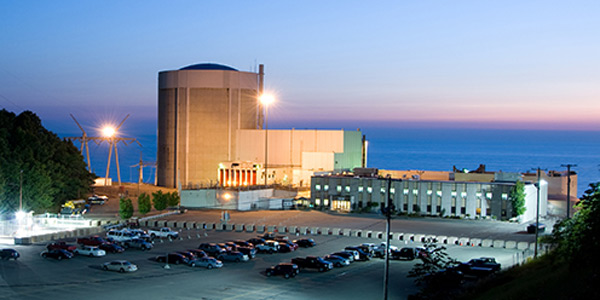By Amanda Durish Cook
CMS Energy reported that 2016 was its best year for generation reliability ever, as it retired more than half of its coal-fired facilities and announced plans to terminate a nuclear plant power purchase agreement.
The Michigan-based company last year retired seven of its 12 coal-fired generation units, representing about 1,000 MW.
“Delivering operational success like this while at the same time transitioning our fleet so significantly requires a disciplined team,” CEO Patti Poppe said during a Feb. 2 earnings call.
The company boosted earnings for the year to $551 million ($1.98/share) from $523 million ($1.89/share) in 2015, although fourth-quarter earnings dropped to $77 million ($0.28/share) from $106 million ($0.38/share) a year earlier.
CMS plans to spend $18 billion over the next 10 years in capital expenses: $8 billion on gas infrastructure and maintenance; $4 billion on maintaining and building generation, including renewables; and $6 billion to upgrade its electric distribution. The company said it could spend an additional $3 billion on improving gas infrastructure, grid modernization, additional renewables and replacement of PPAs. Rate increases to pay for the capital improvements will be limited to 2%, CFO Tom Webb said.
Poppe said CMS will improve its financial position by terminating the Palisades nuclear plant PPA in favor of employing more energy efficiency, demand response, renewable power and coal-to-gas switching. (See Entergy, Consumers Announce Closure of Palisades Nuke.) According to CMS, the plan will save customers $172 million over four years.
Poppe said the substitute capacity plan for the Palisades PPA is “solid” and replaces a “single, big-bet capital project for many smaller options” with less risk. She said CMS could make more PPA replacements in the future by building new plants.
“We’ve long said that an inflexible, above-market PPA is not a cost-effective option for our customers and provides no long-term value for our investors. At the same time, we want to assure that we have sufficient resources to serve the load in Michigan,” Poppe said.





